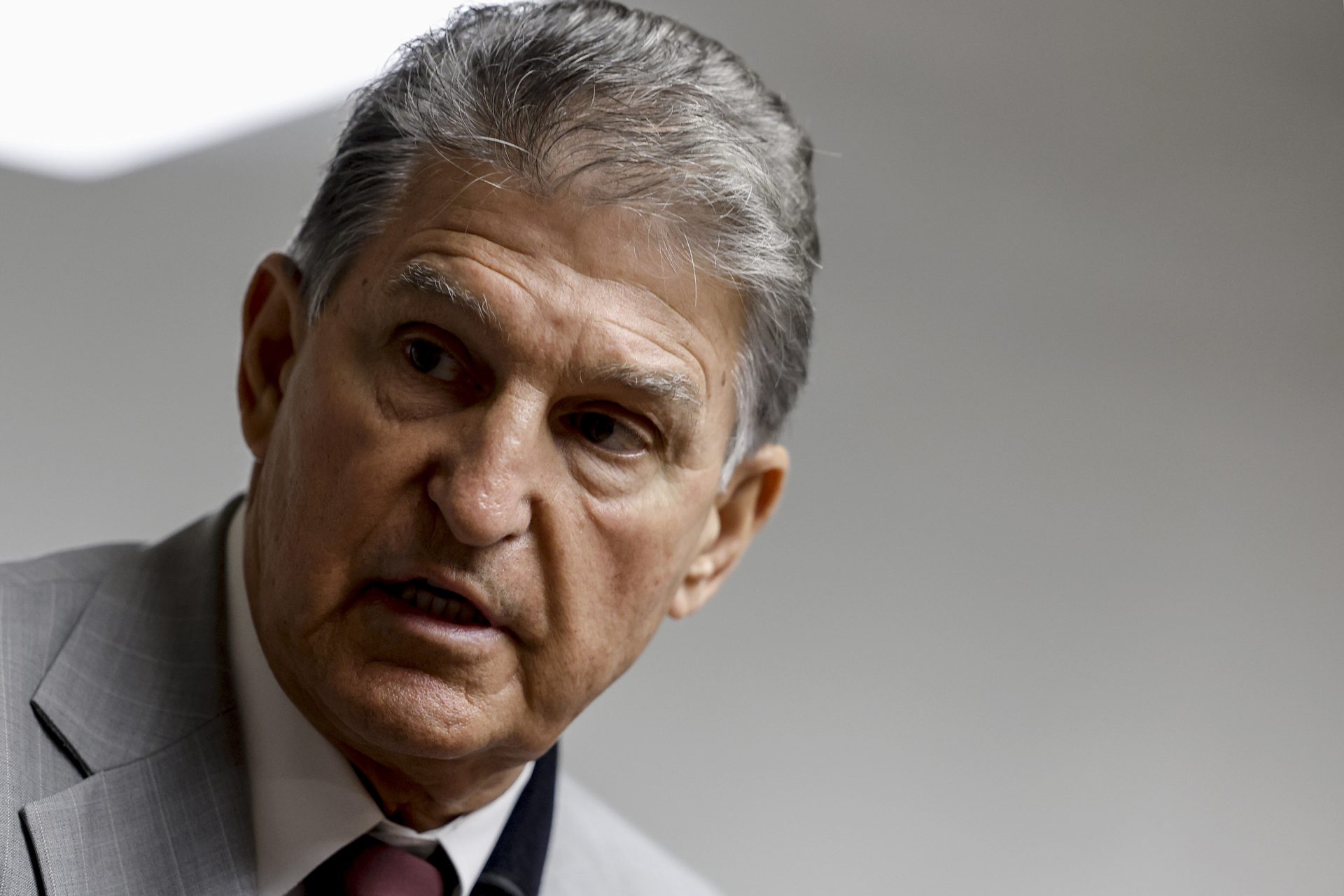By Riley Beggin, The Detroit News (TNS)
U.S. Sen. Joe Manchin, D-West Virginia, introduced legislation Wednesday to immediately end EV tax credits for vehicles that don’t meet federal battery and mineral standards.
If enacted, the bill would make new electric vehicle tax credits—and their strict content requirements—go into effect without waiting for the U.S. Treasury Department to issue rules, dramatically reducing the number of vehicles that would qualify.
The Treasury Department missed a Dec. 31 statutory deadline to release proposed rules for the new credits enacted through the Inflation Reduction Act, brokered by Manchin himself. Instead, the agency said it will issue those rules in March.
That created at least a two-month period in which the law’s new battery and mineral requirements are waived, allowing buyers of new vehicles that wouldn’t otherwise qualify to benefit from the credit.
Currently, 39 new EV models are likely eligible for the full credit until the Treasury issues those rules, according to the IRS. But most of those vehicles probably wouldn’t qualify for the credit once the mineral and battery requirements come into play, industry advocates estimate.
Manchin, a conservative Democrat who shaped the Inflation Reduction Act, called it “unacceptable” that the Treasury is allowing those vehicles to qualify while they work on the rules.
“The IRA is first-and-foremost an energy security bill, and the EV tax credits were designed to grow domestic manufacturing and reduce our reliance on foreign supply chains for the critical minerals needed to produce EV batteries,” he said in a statement Wednesday.
“Being an automotive powerhouse is in our blood which is why it is shameful that we rely so heavily on foreign suppliers, particularly China, for the batteries that power our electric vehicles. We cannot continue down this path.”
Automakers must be required to meet the new standards, he added, in order to ensure the U.S. isn’t “beholden to countries that don’t share our values.”
The Treasury Department did not immediately respond to a request for comment Wednesday, but has said it is following the law as it was written.
Manchin’s bill faces a challenging path ahead: Democrats appear uninterested in opening up the Inflation Reduction Act they passed along party lines, and Republicans, now in control of the House chamber, have been skeptical of the subsidies.
The IRA changed the existing $7,500 EV tax credit program to eliminate a 200,000 vehicle-per-manufacturer cap, which allows automakers like General Motors Co. and Tesla Inc. to once again benefit from the credit.
But it added provisions intended to push companies to build up supply chains and manufacturing facilities in the U.S. and to move them away from reliance on China, which currently dominates global battery supply chains.
To get half of the credit, a vehicle’s battery must have at least 40% of the value of its critical minerals coming from the U.S. or a country it shares a free-trade agreement with, or recycled in North America.
To get the other half, at least 50% of the battery components must come from North America. Both thresholds rise every year.
The vehicle must also be assembled in North America to qualify for the credit.
Automakers have raised concerns that few vehicles will qualify once the battery and mineral sourcing requirements come into effect. General Motors, for example, has said it will be able to meet the requirements in the next two to three years.
Late last month, the Treasury Department released initial guidance on how it expects to shape the proposed rule come March. It said that leased vehicles will likely be able to qualify for commercial EV tax credits under the new law, opening up leased cars, rental cars and cars used for rideshare fleets such as Uber and Lyft to receive a credit without meeting the mineral and battery requirements or being assembled in North America.
Manchin blasted the guidance, demanding that the agency pause implementation until it could come in line with the intent of the law.
The Treasury guidance also said it would broadly interpret what counts as a “free trade agreement” under the new law, encompassing deals with at least Australia, Bahrain, Canada, Chile, Costa Rica, Dominican Republic, El Salvador, Guatemala, Honduras, Israel, Jordan, South Korea, Mexico, Morocco, NIcaragua, Oman, Panama, Peru, and Singapore.
_____
(c)2023 The Detroit News. Visit www.detnews.com. Distributed by Tribune Content Agency LLC.
Thanks for reading CPA Practice Advisor!
Subscribe Already registered? Log In
Need more information? Read the FAQs
Tags: Income Taxes, IRS, Taxes




